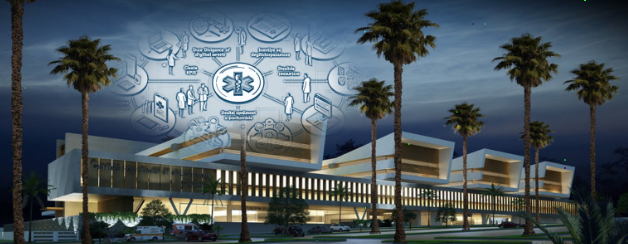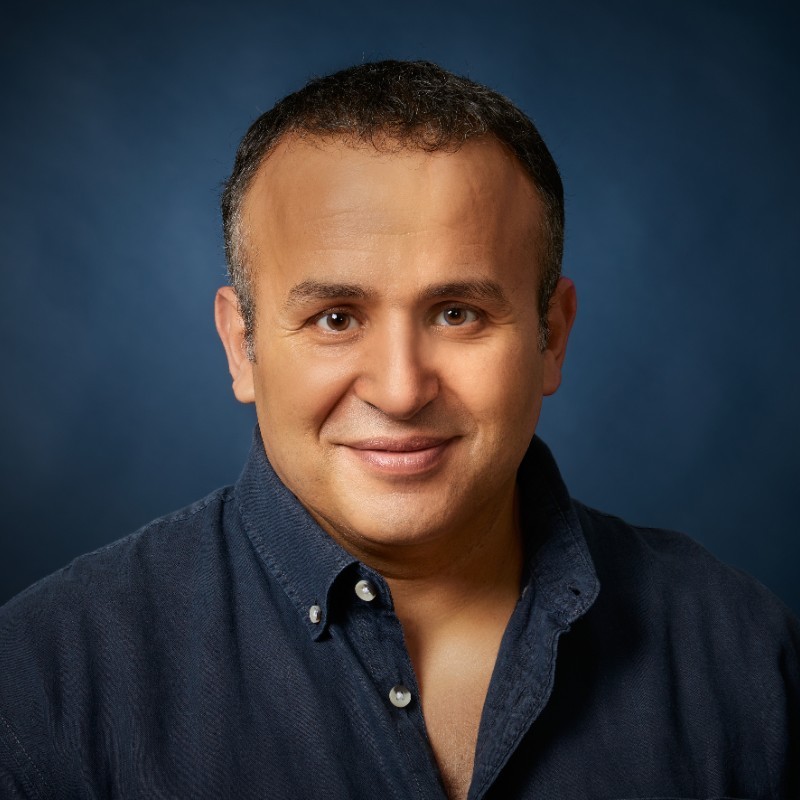
Across Morocco’s diverse geography and demographics, access to specialized healthcare remains a major challenge. In this context, telemedicine emerges as an innovative solution capable of removing physical barriers and delivering quality medical expertise to the entire population.
The creation of a specialized telemedicine consultation hub—accessible to all, anywhere in the country—could and should represent a significant leap forward for Morocco’s healthcare system. This facility, which could be referred to as a University Telemedicine Center, would make it possible to pool and distribute Moroccan medical expertise to a wider population, including those in the most underserved regions.
The project’s aim is to centralize the country’s top specialists, from both the public and private sectors, to provide high-level expertise accessible to everyone. By enabling scheduled consultations, it would ensure regular and high-quality follow-up for patients, thereby reducing inequalities in access to care. Residents of remote areas, often forced to travel long distances to access specialized services, could receive consultations without leaving their locality—reducing transportation costs and time, while easing the burden on existing university hospital centers.
Its operational model would be supported by a dedicated back-office managing consultations and coordinating with specialists. A robust technological platform would ensure connectivity and the security of medical data, enabling optimal conditions for virtual consultations. The deployment of mobile telemedicine units—equipped to operate in rural areas and connected to a unified health information system—would guarantee full territorial coverage, allowing every Moroccan citizen to benefit from quality medical services regardless of where they live.
Moreover, the University Telemedicine Center could also engage in research and teaching programs, just like a traditional university hospital, participating in clinical research projects and collaborating with academic institutions. This center would contribute to advancing medical knowledge and health innovation, particularly through artificial intelligence (see previous article: Telemedicine & Artificial Intelligence: Accelerators of the Transformation of Morocco’s Healthcare System). By offering residency and training programs for medical students, it would play a crucial role in educating and developing the next generation of healthcare professionals.
This ambitious project could also provide continuous professional development programs for local physicians, ensuring a consistently high and uniform level of expertise nationwide. By investing in the training and professional growth of its practitioners, Morocco would ensure that every consultation—whether physical or virtual—is synonymous with trust and competence.


Hicham Temsamani
Hicham Temsamani is a biomedical engineer with extensive international experience in the health sector. After a career at the French National Space Agency (CNES), and then at Panasonic, Cisco, Cardinal Health, AWS and Google Cloud, he founded H.B.T Group France – his strategic consulting firm specialized in digital transformation for healthcare organizations. Passionate about innovation and prevention, he also hosts scientific conferences focused on preventive medicine and longevity.
